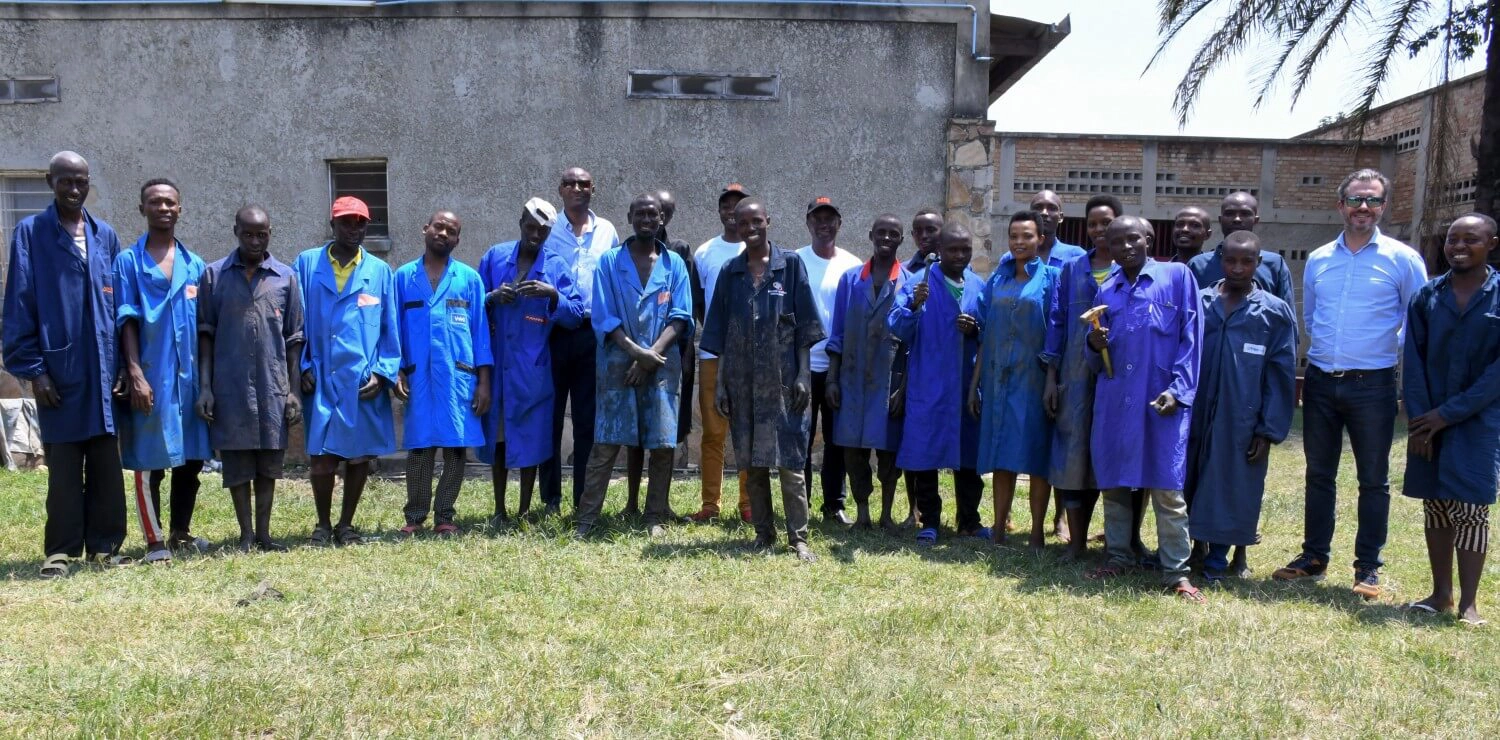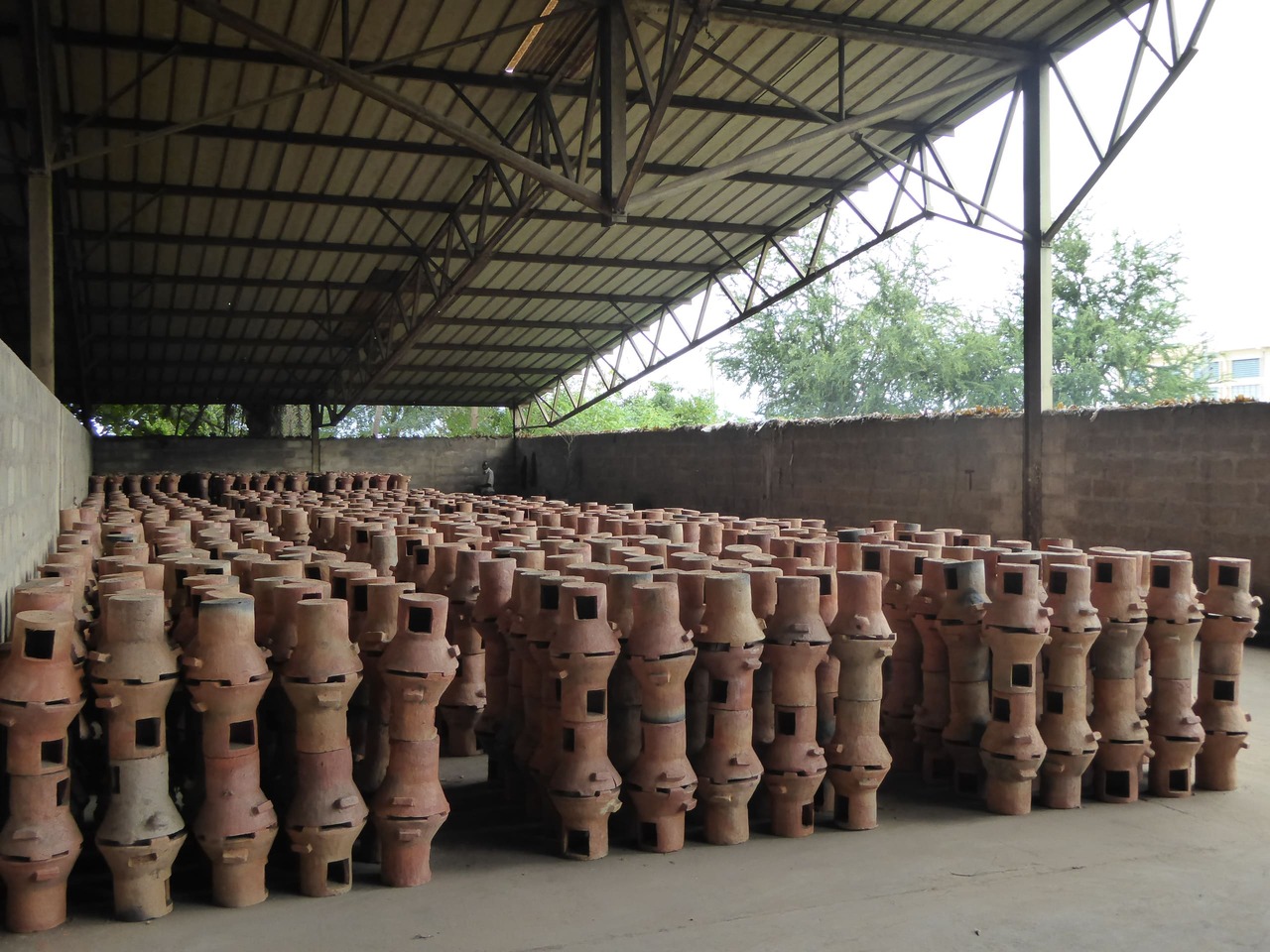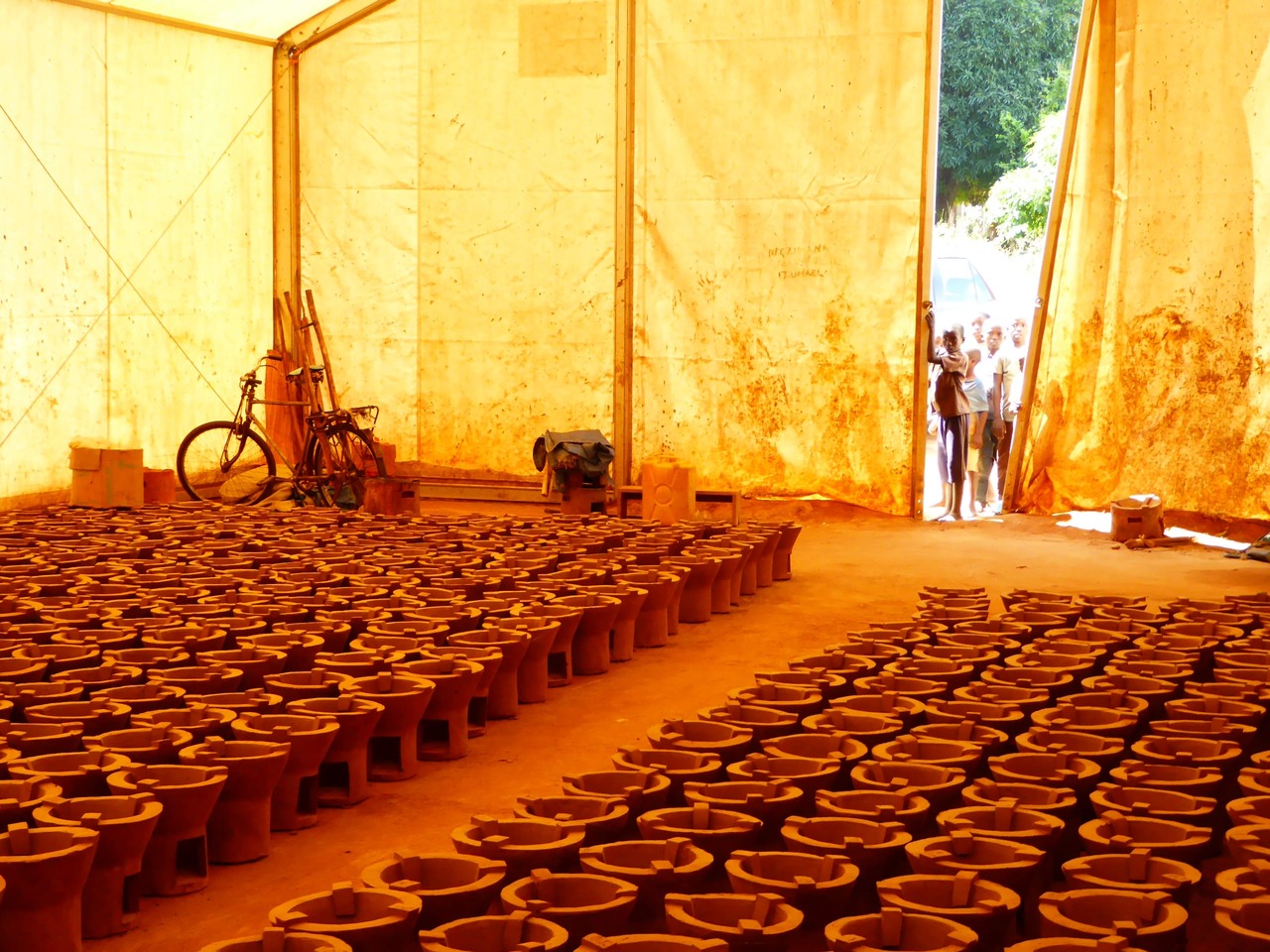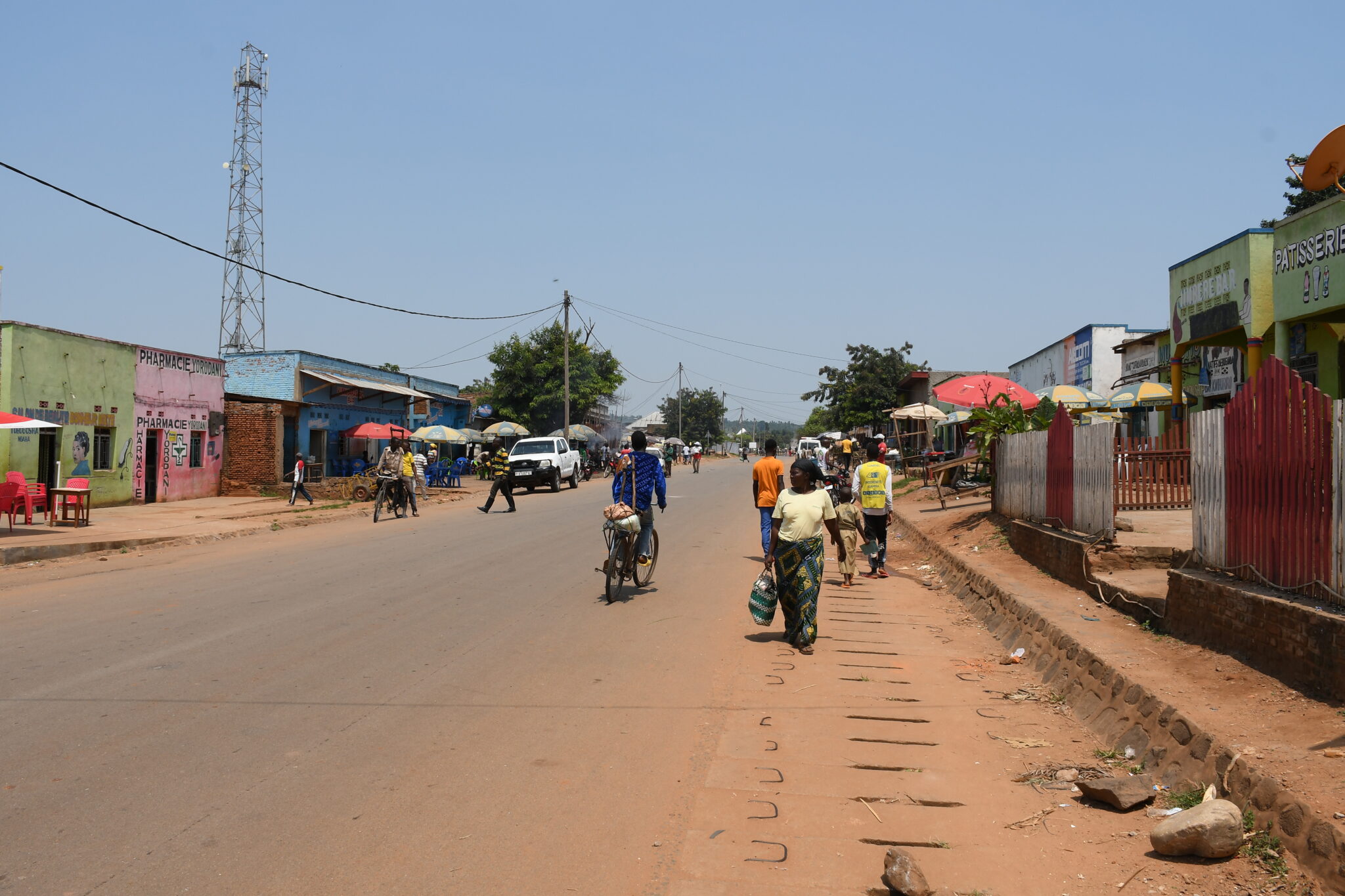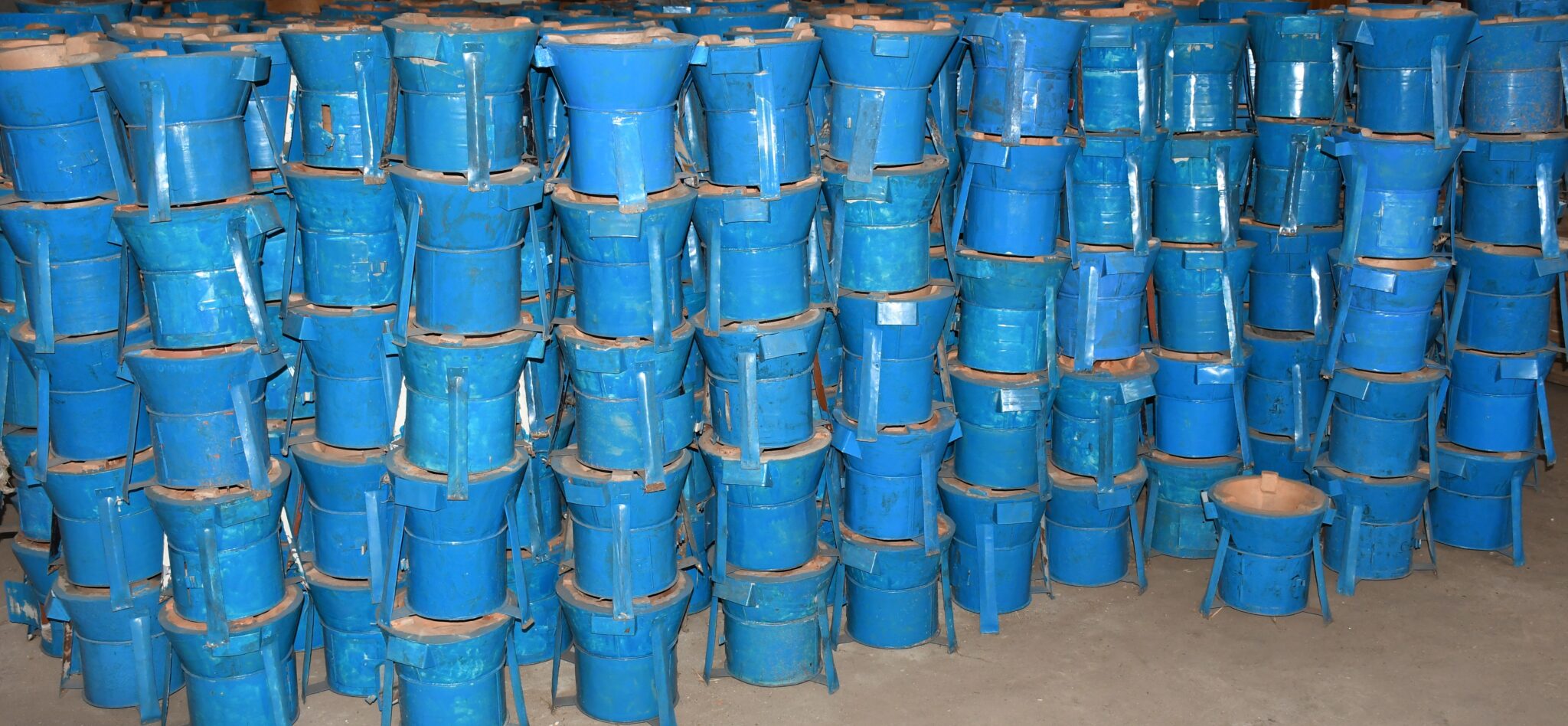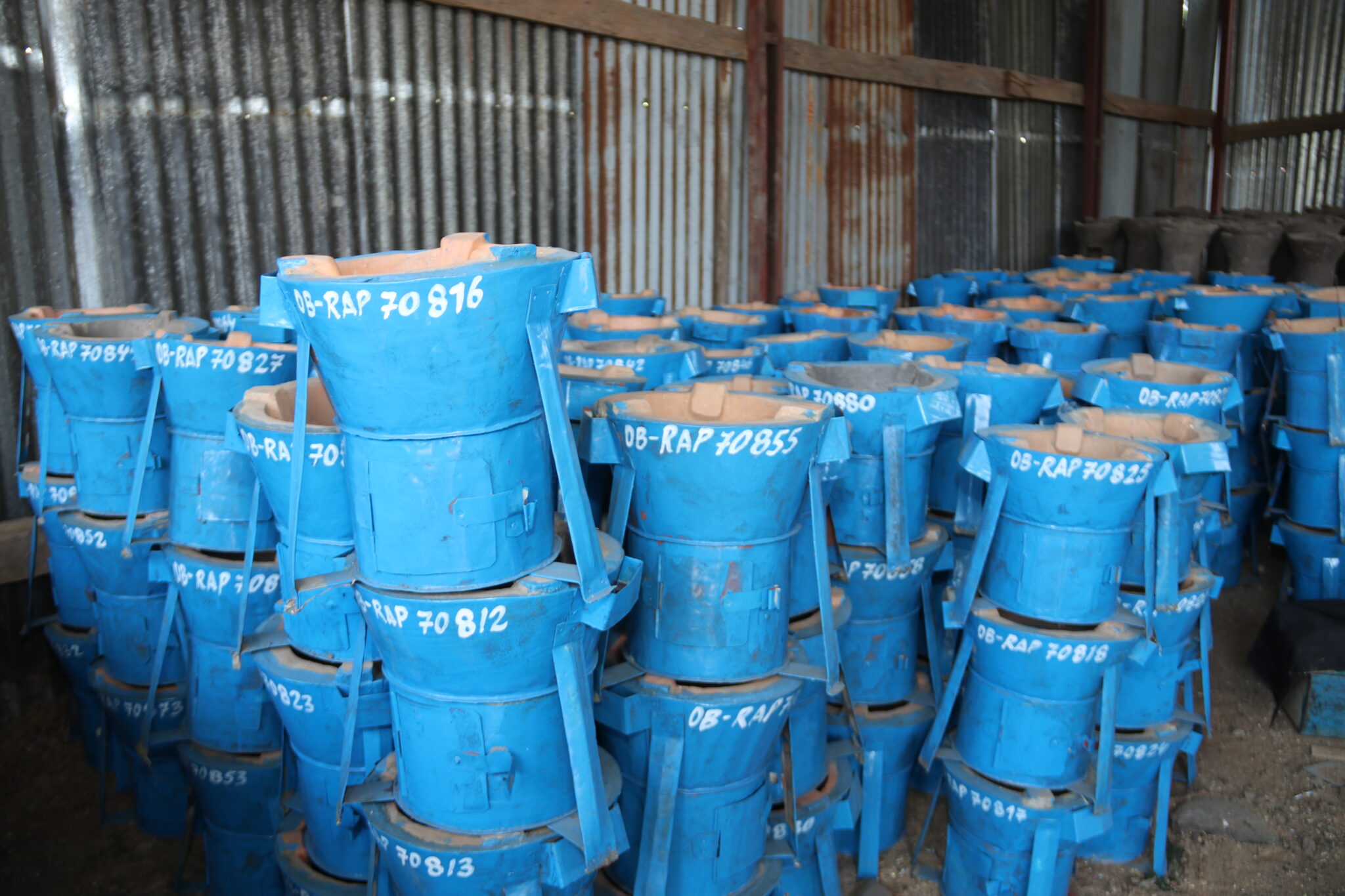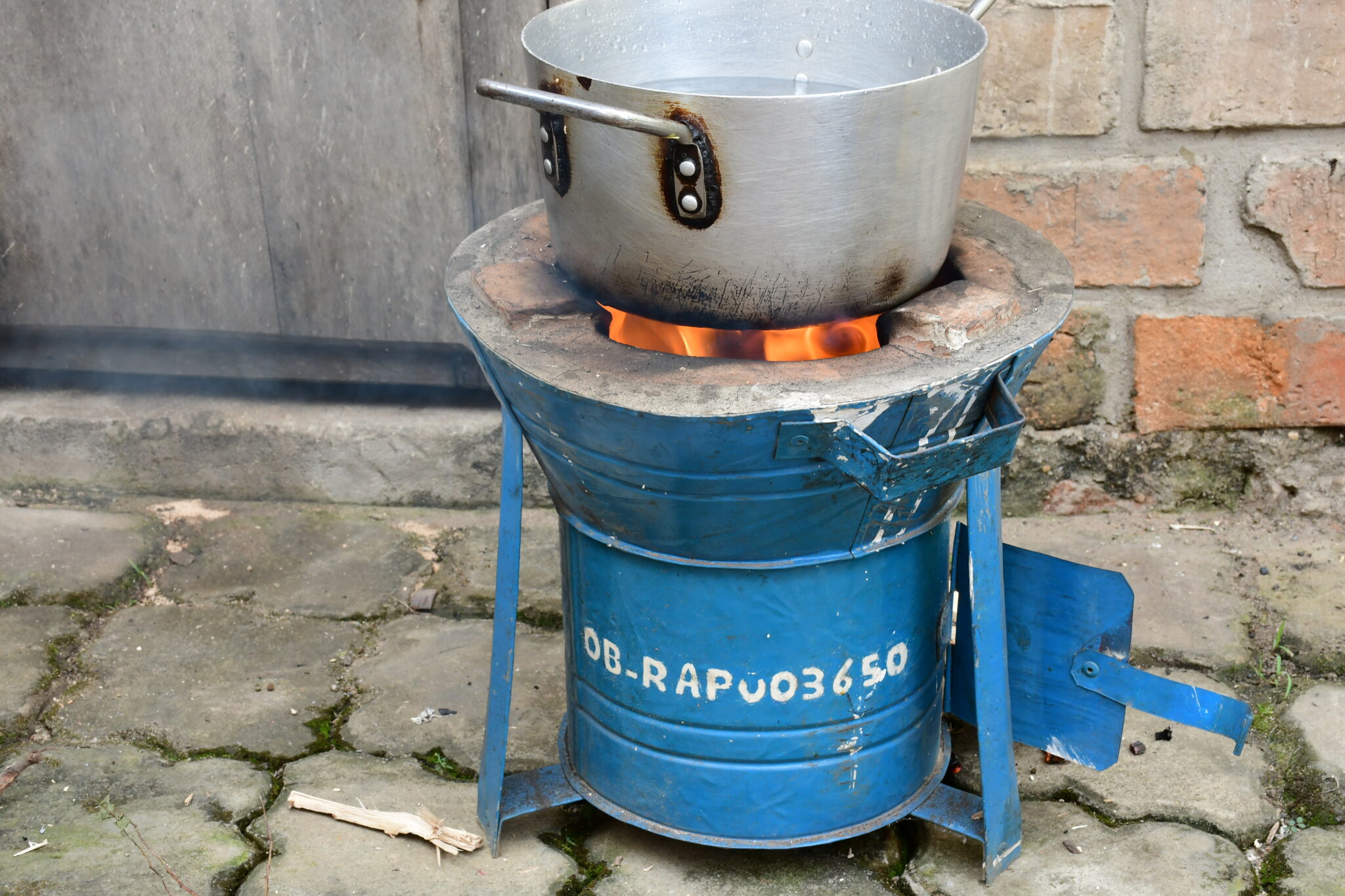Description
Project Name: Improved Biomass Cookstoves for Returnees in Burundi
Project Owner: POWA
Standard: Gold Standard
Project ID: 11140
The project focuses on manufacturing and providing improved cooking stoves (ICS) to individuals returning to Burundi (a landlocked nation recognized as a Least Developed Country). These returnees (former refugees and internally displaced persons) often arrive back in their communities facing significant challenges and with limited resources beyond modest savings.
Aid organizations, including UNHCR and the World Food Programme, incorporate these cookstoves into support packages distributed in the camps. They are designed to have a better combustion technology than traditional stoves, the ICS substantially decrease indoor air pollution, mitigating health risks for vulnerable groups like women and children. They also demand less firewood, which helps protect surrounding forests, cuts down on the labor-intensive task of wood collection, and lowers carbon dioxide emissions, contributing to broader environmental benefits.
Beyond environmental and health advantages, they enable households to reduce spending on fuel wood, freeing up funds to purchase a wider variety of nutritious food, thereby strengthening food security and improving overall well-being.
In the absence of these ICS, households in Burundi frequently turn to traditional cooking practices (for example three stones open fire). These methods rely on substantial wood fuel quantities and generate dense smoke, posing serious health threats such as respiratory conditions. Additionally, the constant need for firewood places pressure on local ecosystems and requires extensive time and effort, particularly from women and children, to gather and transport it.
The stoves are produced locally in Bujumbura (capital city) by POWA, a private company founded by the creators of OBEN. Its production facility, sprawled across a 6-hectare site in Bujumbura, operates three dedicated stove-making lines. To ensure smooth distribution, the company maintains a fleet of 14 vehicles for supply chain operations and delivery logistics, supporting the project’s reach across the region.
Impacts
Between 1990 and 2010, Burundi lost 40% of its forest due to deforestation.
The project avoids deforestation in the country.
Traditional stoves use a lot of wood fire to produce heat and cook the meals.
The new stoves reduce by 50% the consumption of wood fire.
Traditional stoves (open fire three stones) make it difficult to control the fire, and increase the risks of fire hazard.
The new stoves limit all of these risks, with a new design making it more user friendly and safe to use.
Traditional stoves produce harmful smokes.
The project reduce indoor air pollution and related risk to respiratory diseases.


